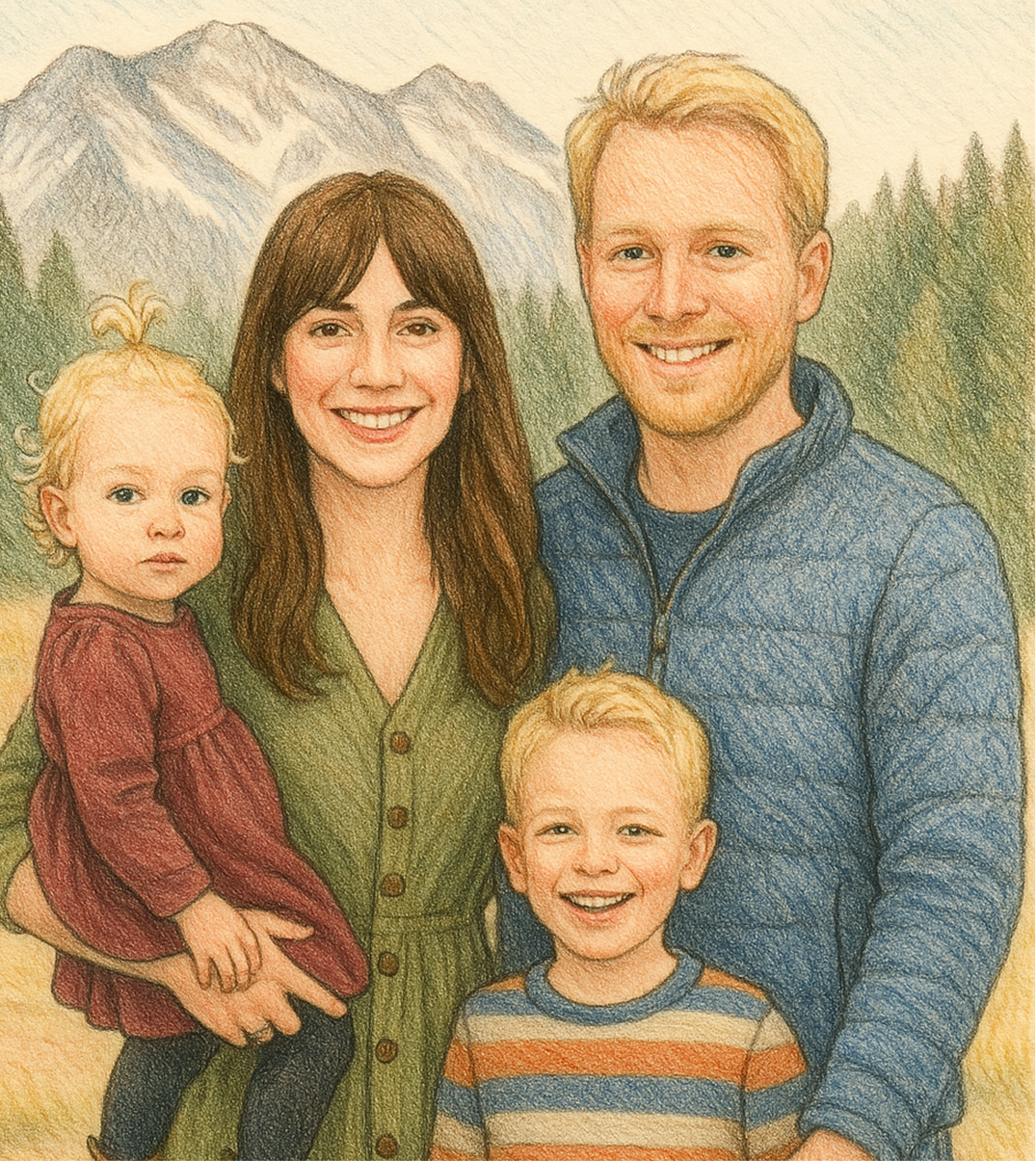5 ways to teach your children about gratitude

Thanksgiving is coming up, which means gratitude is on the mind! However, if you have children, you know that saying "thank you" is sometimes the last thing they want to do. Either way, most people want to raise appreciative and thoughtful children, so here are some ways you can help your kids learn about and show more gratitude.
1. Lead by example
Show appreciation openly for small and big things alike, whether it’s thanking someone for holding the door, acknowledging a beautiful day, or expressing appreciation for a family meal.
Use phrases like, “I’m so grateful for…” to model language that children can adopt. Kids learn a lot by observing adults, so modeling gratitude in daily life teaches them how to practice it.
2. Create a Daily Gratitude Ritual
Incorporate a daily practice, like sharing one thing you’re grateful for each day at dinner or before bed.
Activity:
Try a "Gratitude Jar" where family members write down what they’re grateful for and read them together at the end of the month. Kids can reflect on what they have and practice gratitude more consistently.
3. Encourage verbal appreciation
Teach kids to say “thank you” when someone does something kind, and encourage them to think about why they’re thankful.
Activity:
Encourage your children to write thank-you notes for gifts or help. For younger kids, drawing a picture can be a meaningful expression of gratitude, too.
4. Talk about effort behind actions
Explain the thought and effort behind the things people do for them. For instance, “Grandma spent a lot of time making you that sweater” or “Your friend shared their toy with you, which was very thoughtful.”
Activity:
Let your children help with chores or make something for a friend or family member, so they appreciate the effort that goes into acts of kindness.
5. Highlight gratitude in difficult situations
Show that gratitude can be found even when things don’t go perfectly. This helps kids build resilience and focus on positives.
Activity:
When something challenging happens, ask, “What’s one good thing about this?” or “What did you learn from this?”




